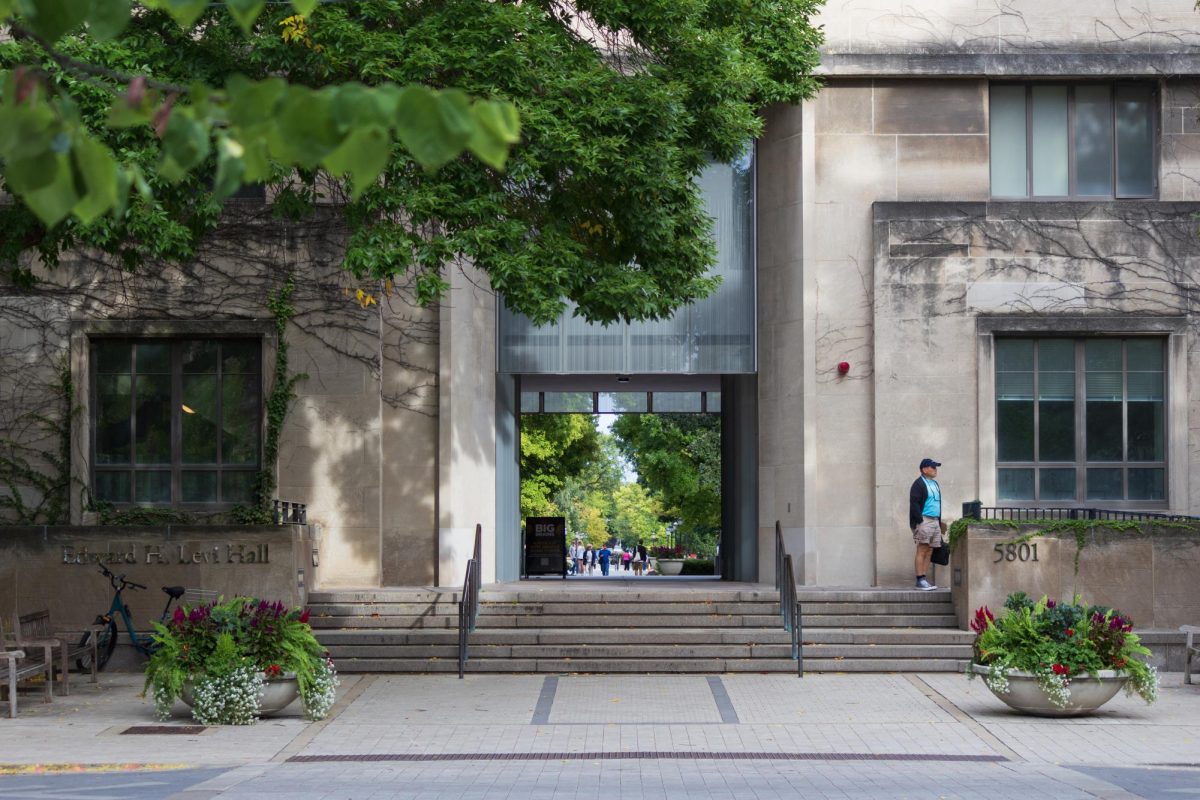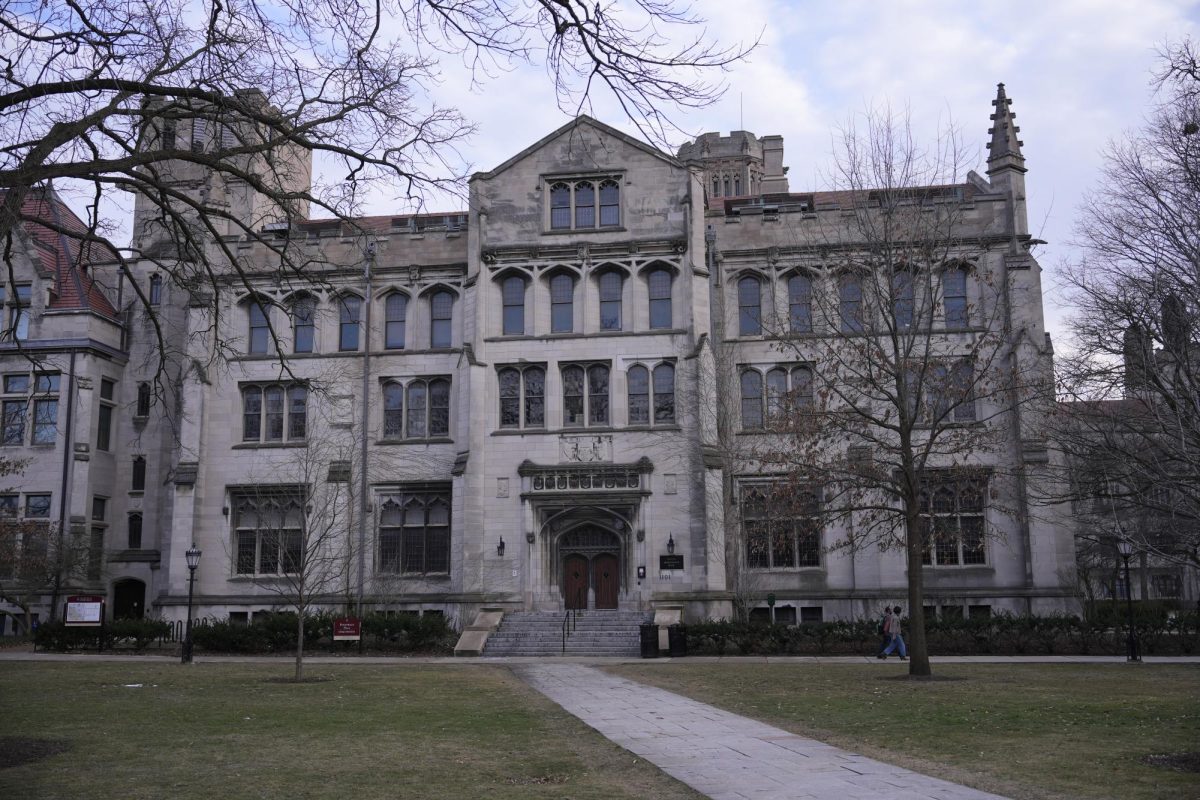By and large, the average student at the University of Chicago has three things in common with their peers. One, they have an inordinate amount of work. Classes tend to occur sometime between 8:30 a.m. and 6 p.m. for most people, and homework continues until it’s due during class. Two, they tend to fill evenings with fungible activities, or things that are a bit easier to skip than a class, but are still important. Three, they suffer from high amounts of stress, stemming from the pressure to prioritize these academic and extracurricular demands. Student Counseling Service (SCS) is meant to relieve the stress of college and make its completion more attainable. Right now, however, the availability of counseling appointments solely during business hours (Monday through Friday, 8:30 a.m. to 5 p.m.) prompts students to forgo essential mental health care in favor of their immediate academic responsibilities.
The problem with relieving stress is this: It often means abandoning the normal flow of one’s day-to-day activities. Taking time for self-care entails meaningful trade-offs with time spent working or studying. Going to grab dinner with friends is one such trade-off. At certain levels of commitment, there is enough time to get most things done in a given day. But, eventually, the stress caused by trading working time for leisure time begins to exceed the stress the leisure time helps to mitigate. In other words, students are constantly forced to negotiate the value of their time for work and play. Students won’t take steps toward helping themselves if they believe getting help hurts them too much in their classes, or via grades specifically. Most students have had nights where they must literally engage in mental calculation to figure out whether it’s worth it to sleep before an exam. In your UChicago career, you’ll likely find yourself pondering, at some point: Can I afford to sleep for eight hours before this exam? What if that four extra hours of studying means I’ll cover something I otherwise wouldn’t? But what if four hours of sleep make me too tired to meaningfully retain what I study?
This is the core of the issue with SCS’s hours. Appointments are only offered during daytime hours, and these hours are exactly when students are the busiest. Skipping class will always seem like more of a harm—materially—than a therapy appointment will seem to be a benefit. And when you put yourself in the shoes of a typical, overachieving UChicago student, it starts to seem rational to skip out on therapy in lieu of missing class. Students don’t know, for certain, that therapy will help them. But, conversely, most students know what missing a lecture, deadline, or problem session does to their academic progress. For many who have yet to try therapy, the horror stories of SCS leading to forcible institutionalization or general social stigma makes scheduling that first appointment an anxious step. SCS even requires that initial appointments be made with a phone call, forcing people to truly put themselves out there and admit that they need help in order to get therapy.
There currently exists a fundamental mismatch between student free time in the afternoons and evenings and SCS’s primarily daytime hours. If SCS wants to lower the barriers between students seeking help and actually getting the help, it should mechanically shift the times when help is generally available. Student Government’s recent resolution asks SCS to provide excuse notes so students can miss class to attend emergency counseling sessions or intake appointments. It’s an incredible step, and an incredible piece of legislation from our student representatives. But it merely addresses a symptom of what is, quite frankly, a rather simple disease. So what is a possible cure?
SCS needs to hire therapists and specialists capable of meeting with students in the evening, when they are most available to meet with a counselor. When an appointment is at 7 p.m., students are either free or can miss an RSO meeting. And, while I’m sure some people do truly treasure their Model United Nations practices, the burden of missing RSO meetings is considerably lower than the burden of missing class. This is especially true for classes that attach explicit grade penalties to absences, perpetuating the nasty cycle of cost-benefit evaluation from students who feel that the stigma of telling a professor they have a therapy appointment is too much to bear on a weekly basis, or that missing class is too much of an academic risk.
Though it is somewhat of a stretch to think of SCS offering midnight therapy (although, that’s not a terrible idea), students’ access to mental healthcare is something the University should prioritize. When providing care, it does not make sense to overlook the barriers a majority of students face in receiving this care. Who knows how many more students would take those crucial first steps if they had improved access to appointments? If it means one less student has to suffer through their time at the University, or one more person is saved from a dark, depressive spiral, then a simple shift in available hours seems far more than worth it.
Jay Gibbs is a fourth-year in the College.







